Artificial intelligence (AI) has made rapid strides in 2023. Powered by generative tools like ChatGPT, Google Bard and DALLE, the technology is quickly reshaping many different sectors and areas of business. The PR and communications world, one shaped by words and images, is gradually seeing AI become part of its creative workflow.
Given the speed with which AI has moved over the last 12 months, what does it have in store for PR teams in 2024? During a recent webinar, experts from across both PR and technology came together to discuss this very question. Antony Cousins, Cision’s Executive Director of AI Strategy; Allison Spray, Global Head of Intel+Tech Innovation at Hill & Knowlton; and Andrew Bruce Smith, Managing Director at Escherman and Chair of CIPR’s AI in PR panel, shared their thoughts on the AI trends they expect to see emerge in the next year.
The webinar is available to watch on-demand, but if you are short on time, we’ve provided three main takeaways on the impact AI could have on PR and comms professionals in 2024.
1. Agencies Face a “Blockbuster vs. Netflix Moment”
Many organizations are slow to adopt new technologies, but the pace of generative AI’s growth over the last year has meant that in the next 12 months, agencies may have to speed up their thinking around AI or risk getting left behind.
“I do think this is sort of that Blockbuster or Netflix moment for many agencies, in particular those that want to make sure that we have longevity in the space,” says Spray.
To begin, though, Spray explains that agencies must first look at the processes behind how they work, then see how they can implement AI within that to “augment your teams with the right data and technology.” Also critical is ensuring that an organization is fully equipped to start and continue its AI journey, from senior stakeholders to those working with the technology day-to-day.
“Do folks grasp how it will be applied in the context of your business, and do they understand what AI's return on investment is in that context?” she says, noting that having the right skillset and data in place should also be a priority.
Spray adds agencies that want to innovate with AI must also be willing to accept risk and failure, and be diligent when it comes to compliance. “The reality is that adopting new technology is not going to be a smooth road,” she says. “We have to consider things from lots of different perspectives, from legal to regulatory to ethics. How do you create those governance processes – do you have them already or do you need to do that now?”
2. Transparency and Ethics in AI Will Come Into Focus
As AI begins to filter into PR, and more content is created using generative tools, Smith expects to see increasing instances of brands and organizations declaring their use of AI. “Any trade body around the world will have a professional code of conduct, with well-established principles of acting in a transparent, open, and honest manner in one's communication and work,” he says.
However, Smith admits that “the devil is in the detail” and the extent to which brands declare AI usage is still up for debate. “Do we get to the level of saying in a press release, ‘the headline was generated by AI, the first paragraph was written by me and then a combination of me and the AI wrote the rest of it’?” he says.
Smith cited an example of one organization that faced criticism this year for using an AI-generated image on a public-facing billboard ad without declaring it. “What message does that send? Does that cause people to distrust the organization?” he says. “There’s a whole raft of ethical issues surrounding when it’s appropriate to use [AI]. It’s that classic ethical situation of just because I can use it, doesn’t mean I should.”
On the topic of the ongoing relationship between humans and AI, Smith spoke of an “asleep at the wheel” risk, where a long-term reliance on technology could impact the quality of human work and degrade core skills. “Nicolas Carr wrote a great book called The Shallows where he argued that our use of Google was changing our brains and causing us to not have to remember things. ‘Why would I need to when I can go and search for it?’”
As we approach the one-year anniversary of ChatGPT, Smith noted that it’s important to reflect on the pace of change and acknowledge that “we’re still human beings. Our ability to cope, assimilate, and make sense of it all is kind of stretching us all to the limits.”
3. AI Moves From Co-Pilot to Autopilot
According to Cousins, in 2023 AI shifted into a co-pilot phase. Tools like ChatGPT are acting as an additional colleague, helping to write press releases or analyze and summarize articles. However, in the next 12 months (and beyond), AI has the capability to help PR teams go beyond narrowly-defined tasks and execute entire campaigns.
The technology behind ChatGPT is the same that will drive this next autopilot phase, Cousins says, “it's just the lag of how long it takes us to integrate this technology into our workflow.”
“That same technology we’re using for co-pilot – ‘write me a press release,’ for example – is actually capable of coming up with an entire campaign. From my objectives to my stakeholder analysis, creating my content, planning distribution, optimizing, then doing the insights,” he explains.
Cousins adds that by breaking down day-to-day workflows, PR teams can identify tasks that will be more easily automatable with the help of AI. “We want to be more automated because it's not where our creativity, our empathy, our emotional understanding, and our contextual awareness gets applied,” he says.
Cousins add that AI’s role as autopilot will see humans moving more toward strategic work and learning to ask the right questions when it comes to formulating campaigns. “That's where I think we are going to be focusing more [in 2024] and less so on building massive lists of journalists and outlets or manually coding for sentiment,” he says.
The Bottom Line
AI has evolved so rapidly over the last 12 months, it’s difficult to pinpoint exactly where it will go in 2024. However, our panelists view it as a tool that won’t replace the human workforce, but rather unlock their potential and boost productivity if applied correctly. The PR and comms industry, like many others, has a lot of catching up to do when it comes to implementing new technology, but the right partner can help leverage these opportunities and position teams for success.
To learn more about how Cision is helping PR and communications teams leverage these opportunities, speak with an expert.
For the full conversation, watch the webinar.








